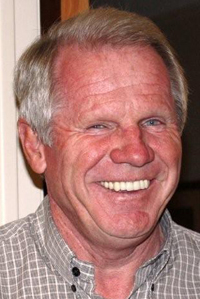
Betsy Gillette, Director of Market Research & Planning, TVC
Technology Ventures Corporation helps entrepreneurs and inventors develop the business plans and access the funding they’ll need to succeed with a technology-based product. TVC’s Equity Capital Symposium, held annually in May, provides a forum for matching business ideas with investors and has facilitated more than $1 billion in funding for its client companies, most of whom are scientists and engineers new to the world of market research and marketing. While most of these entrepreneurs understand the technology they hope to apply to commercial uses, many don’t understand how to secure target markets and appraise market needs — which they must do to secure venture capital funding. Continue reading







